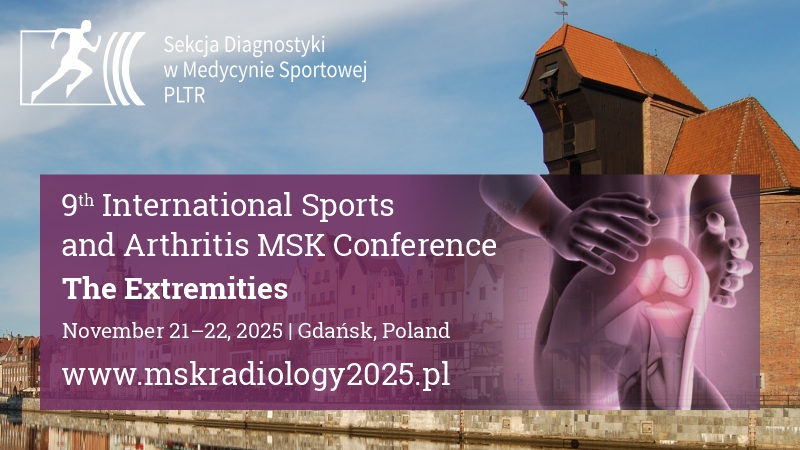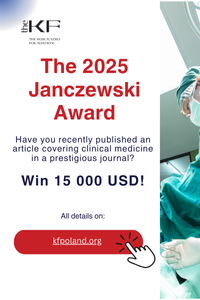Usability of ultrasound assessment of gastric content. Case reports
Orest Stach, Małgorzata H. Starczewska, Andrzej Kański
 Affiliation and address for correspondence
Affiliation and address for correspondenceThe paper presents the use of ultrasound assessment of gastric content in anesthesiological practice. Factors influencing pulmonary aspiration of gastric content and the risk of a complication in the form of aspiration pneumonia are discussed. The examination was performed on two patients hospitalized in a state of emergency who required surgical intervention. The first patient, a 46-year-old male with a phlegmon of the foot, treated for type 2 diabetes, ischemic heart disease and renal insufficiency, required urgent incision of the phlegmon. The second patient, a 36-year-old male with a post-traumatic pericerebral hematoma, qualified for an urgent trepanation. Interviews with the patients and their medical documentation indicated that they had been fasting for the recommended six hours before the surgery. However, during a gastric ultrasound examination it was found that food was still present in the stomach, which caused a change in the anesthesiological procedure chosen. The authors present a method of performing gastric ultrasound examination, determining the nature of the food content present and estimating its volume.








